Op Ed: The Queen and The Crown
by Mahvish Akhtar
It feels like the world had collectively decided that she would live forever. Everyone around the globe was stunned by the news. She was an unbelievable force. She surmounted unimaginable odds with immense dignity and grace. For her to step into a leadership role and handle it with such skill at a time when white men would not be cooperative is an accomplishment in itself.
I wish we could bid her goodbye without ill feelings against her and the empire that created her; alas, that would be unfair to all those who the empire and history itself have wronged.
Whenever history ignores the realities and those who have been wronged and oppressed, and those oppressed continue to be marginalized, something has to be said. One can be sad about losing a person and still know that that same person didn’t stand up for the truth when they should have.
We know that she was a sovereign ruler, so she can’t be blamed for a lot that is wrong or went wrong in the past. Yet she had a seat at the table. That fact cannot be ignored. Even today, her subjects were in crisis. We know England is suffering, while she and her family haven’t seen a single day of physical hardship. Not to forget the sentiment surrounding Britishers of African origin because of colonialism and the empire’s relationship with Africa.
Maya Jassanoff, a Historian, specializing in British History at Harvard and author of the article, “Mourn the Queen Not Her Empire,” said in an interview that Queen Elizabeths II leaned into her role as the head of the colonies that came under that Commonwealth. She was a tool for British imperialism and was carrying the mission on with pride. She says, “it’s important to note that the Queen had an audience with the prime ministers weekly. So even though she did not play an active role in the government, she did have their ear and a lot of influence, and she was very knowledgeable about these issues.”
Another historian, however, believes that we can’t be sure how knowledgeable the Queen was of what was going on and what the British State had been up to.” Since the records had been destroyed of genocide, war, and destruction caused by the British around the world.
The Nigerians recall the Queen’s support of a dictator, which started a three-year civil war. Villages were burned, and people were killed and maimed indiscriminately. That is not something one quickly forgets.
Uju Anya, an Igbo professor who is now living in the United States, wrote on Twitter late on Thursday that “she can’t be upset for a monarch who supervised a government that sponsored the genocide that massacred and displaced half of her family and the consequences of which those alive today are still trying to overcome.”
People around the world remember to this day the atrocities committed by Britain because the consequences and the scars are evident. The brutalities in Kenya, and the open support of the Apartheid in Africa, The East India Company; All of that happened right before she took power. She never spoke on those issues or tried to fix any past mistakes. Was it because she didn’t have the information or because she believed in the legacy enough to let the suffering continue, we will never know. All we have are facts. At her coronation in 1952, Queen Elizabeth II was crowned queen of seven independent countries: the United Kingdom, Canada, Australia, New Zealand, South Africa, Pakistan, and Ceylon (which later changed its name to Sri Lanka), along with the Commonwealth. Granted, the role was largely ceremonial, and her duties were carried out by one of her appointed viceroys, who were named heads of states.
Nevertheless, the people of these countries looked to the superpower of the time to help them in their most desperate hour. Countries such as Pakistan that were only 4-5 years old and were struggling to survive needed all the help they could get. Instead, it spent almost $2043.96 on the Queen’s coronation. Other countries also had to pay the price because her coronation gown was embroidered with floral emblems of each Commonwealth nation and featured three representing Pakistan, wheat, cotton, and jute. All these emblems were paid by the countries and colonies themselves as a tribute to the new monarch, whether they could or not.
As time passed, the situation did not get any easier or better. The public suffered, and for the most part, the Queen stayed blissfully unaware. Whether she understood that getting involved in politics and policy was not her job or she tried and failed, we are unfortunately unaware of that, except we don’t have the option of being blissful about any of it.
She did modernize the monarchy, which in turn, had many positive effects. Even as a young girl, she kept her own voice. To the dismay of her family, she joined the army to protect her country. That speaks volumes of her character. She was the first British Monarch to address the joint session at the United States Congress in 1991. She passed the legislation in 2013 that upon the passing of a Monarch, the firstborn gets the crown regardless of gender. While she defended tradition within her family and the Kingdom, she also did what she could to keep her people appeased. This is one of the reasons why she was beloved by her country and across the world by many.
No leader is approved or loved without a doubt. Leaders are humans, after all. When she came into power, the world looked very different; this does not excuse any of the heinous crimes that took place around her still, as humans do, leaders and rulers also tend to grow and learn. In her later years, she did speak up against the Apartheid and met with Nelson Mandela. She also visited the free state of Ireland. That is a very bold and, I would say, a critical step for a Monarch after a colony has freed itself in such a volatile manner.
None of this erases the crimes of the past. Some of the actions over the years, though, give us a look into a complex human being constantly evolving and trying to understand the intergrading world.






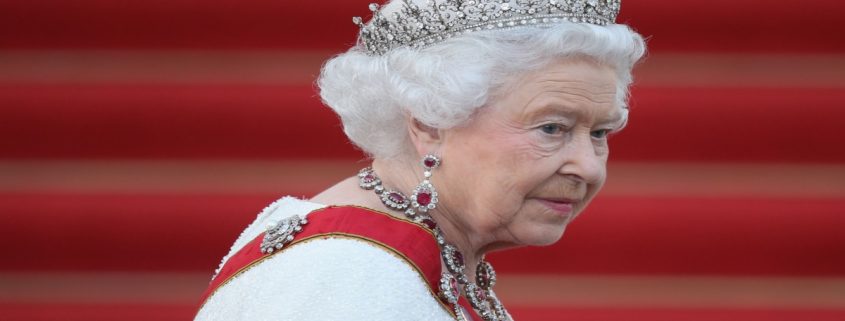
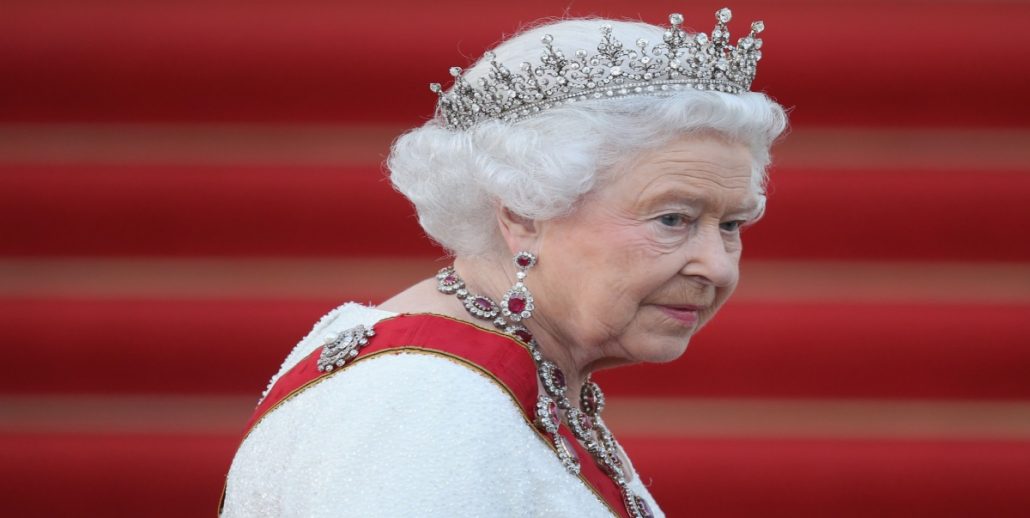


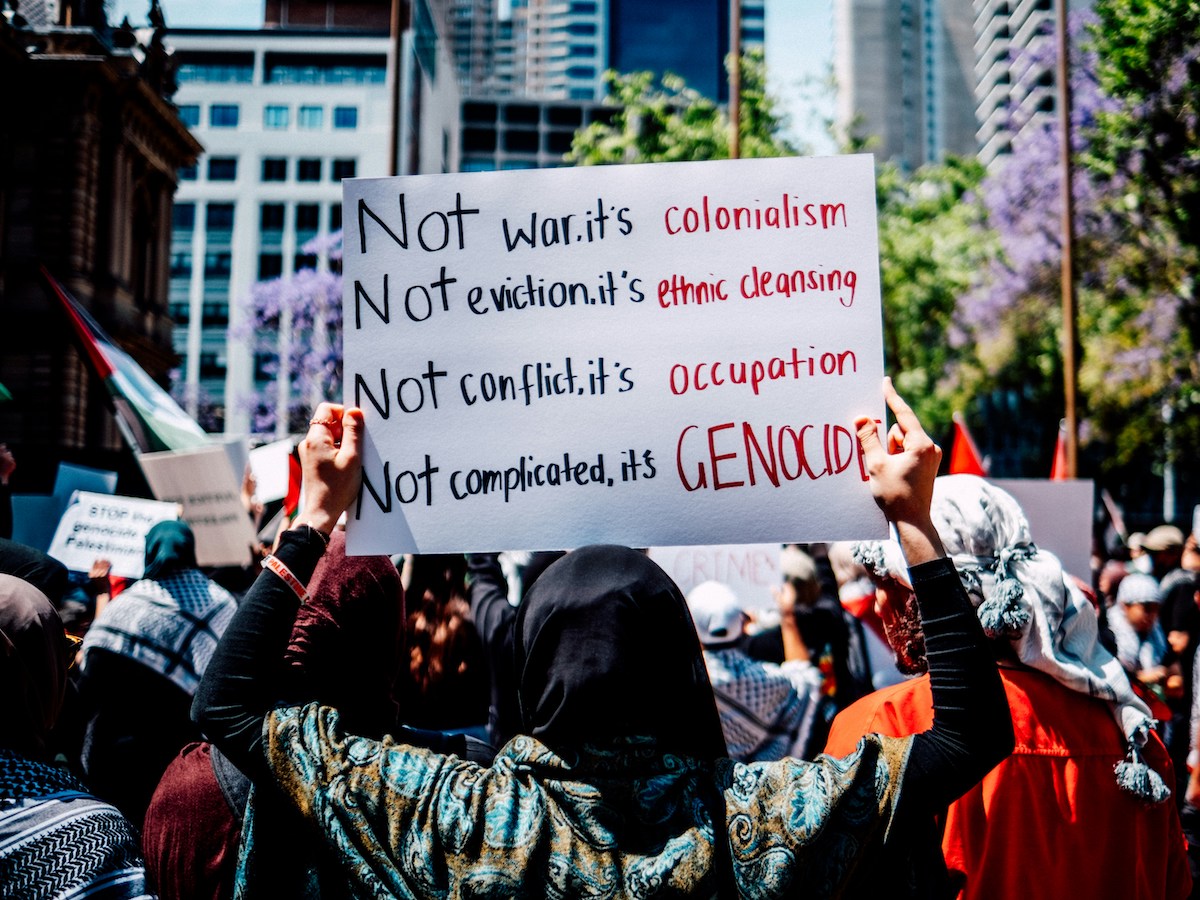

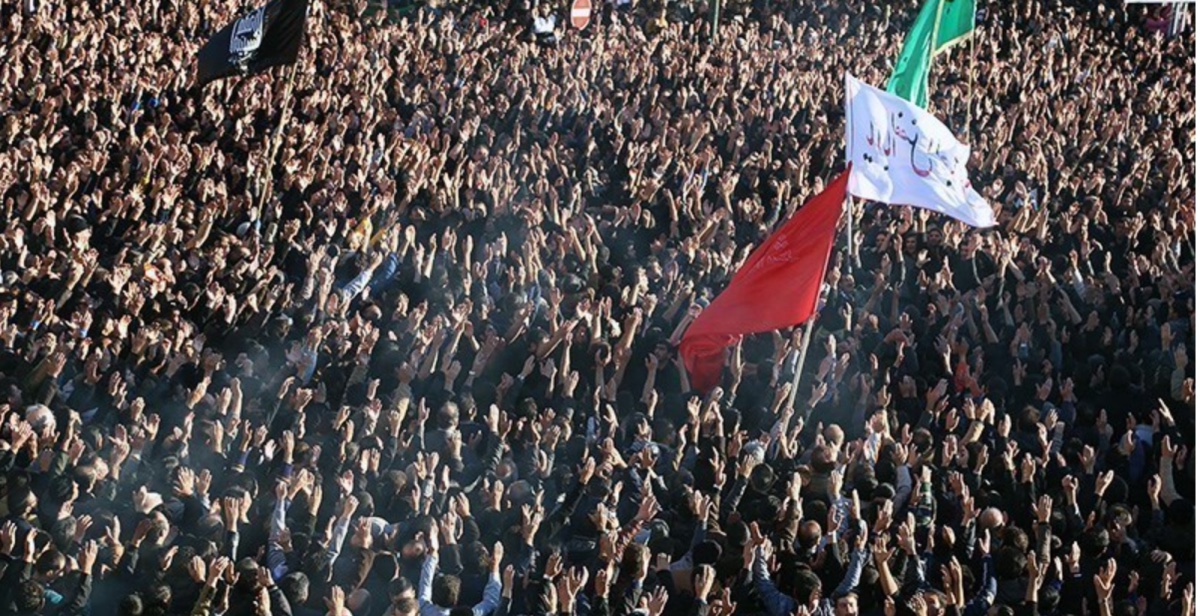
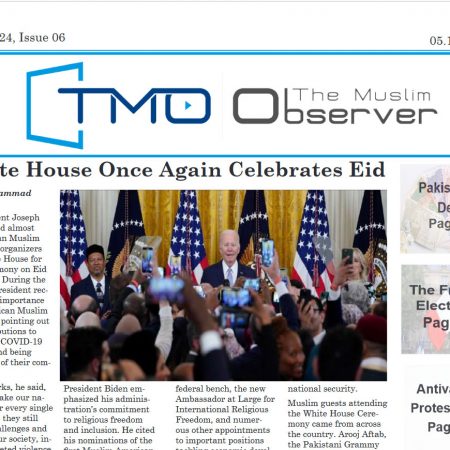
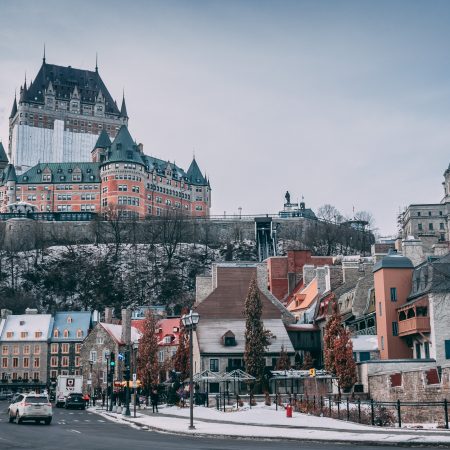






2022
1,444 views
views
0
comments